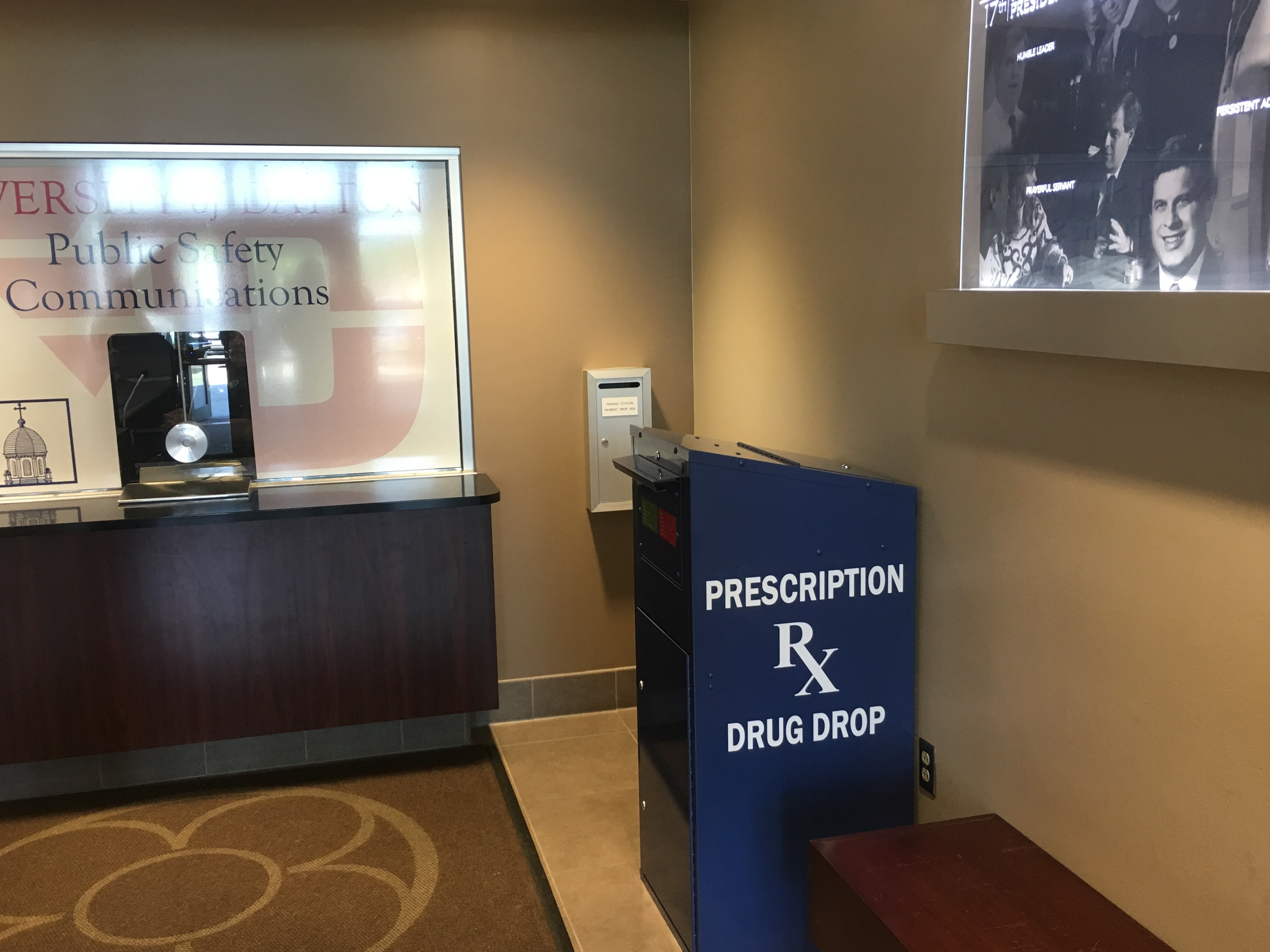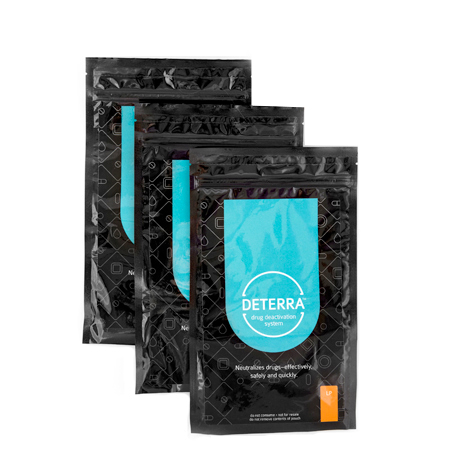Medication Safety
Protect yourself and others by always practicing proper medication use, storage, and disposal.
- Use as Directed - Always follow dosing instructions and only use prescription medications as directed by a health professional.
- Never Share It - Never share your prescription medications with others or use someone else’s prescription medications.
- Store it Safely - Store medications in a cool, dry place. Keep medications secure by storing in a mediation safe or locked cabinet.
- Clean it Out - Gather all medications that are unused, unwanted, or expired. Remember, prescriptions should not be saved because they "might come in handy" someday.
- Dispose of It - Dispose of medication by using a medication drop box or drug disposal pouch. Improper disposal can lead to environmental pollution.

One method to properly dispose of unwanted, unused, or expired medications is to utilize a medication drop box.
On campus, a medication drop box is located in the main lobby of Fitz
Hall, next to the Public Safety dispatch window.
Review the types of medications that may be disposed in the medication drop box.
- ALLOWED: Prescriptions, vitamins, prescription ointments, pet
medications, prescription patches, and over-the-counter medications - PROHIBITED: Needles, inhalers, aerosol cans, thermometers, lotions
and liquids, and hydrogen peroxide

For individuals that are not able to access a medication drop box or need to disposal of medications in liquid or patch form, drug deactivate pouches are available.
Drug deactivation pouches contain activated carbon that deactivate medication so they cannot be used and are safe for the environment.
On campus, drug disposal pouches are available in the Center for Alcohol and Other Drugs Resources and Education.
